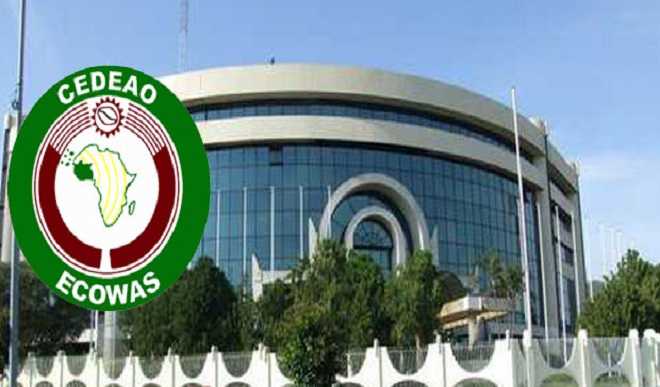The Nigerian Shippers’ Council (NSC) on Wednesday said ship operators were adopting green shipping aimed at reducing greenhouse gase emissions.
The Executive Secretary of NSC, Mr Emmanuel Jime, made this known at the 2022 Lagos International Maritime Week (LIMW) in Lagos.
The week had the theme, ‘New Technologies for Greener Shipping in Africa,’ organised by Zoe Maritime Resources Ltd.
Green shipping entails improving the environment of the sea by ensuring the least amount of carbon emissions and other gases caused by burning of fuel by ships.
Jime added that the International Maritime Organisation (IMO) was focused on the delivery of green environment for the maritime industry, which was also aimed at reducing content of sulphur in fuel in the maritime industry globally from 3.5 per cent to 0.5 per cent by 2025.
According to Jime, the Shippers Council as the port regulator, will ensure that the benefit of a greener environment is achieved.
“There is need for the enterprise to understand how it will work.
“Data shows that once a country has achieved 0.5 per cent sulphur reduction, there will be an increase in the cost of freight by 50 per cent.
“So, this is the side effect and what ordinarily we should be celebrating as an achievement,” he said.
The Shippers Council boss said in August 2019, NSC hosted a regional seminar in Abuja on shipping cost, and that the purpose of the seminar was to identify what was responsible for the high cost of shipping.
Also, the Secretary General, Abuja Memorandum of Association (MoU) on Port State Control for West and Central African Region, Capt. Sunday Umoren, said IMO had already set the minimum requirements for green shipping.
Umoren said the race was still on for the winning technology to drive greener ships through private investors and governments, through grants and research institutes.
He explained that the Nigerian Maritime Adminstration and Safety Agency (NIMASA) had supported some universities, and that they were expected to be involved in maritime related research and development.
“There should be some sort of distinction between the maritime university and other universities. Ship owners too should not just pursue ship acquisitions, but can also sponsor research in this line.
“Shipbuilders are also not exempted from this responsibility, because there is a correlation between shipbuilding and vessels’ performance as these form major components of guarantees in shipbuilding contracts,” he said.
Umoren suggested that government and the responsible Ministries, Directorates and Agencies (MDAs) should be the umpire in directing the ship owners and shipbuilders accordingly.
“It is sad to say that third-world countries are still struggling with ship acquisition even with the traditional vessels using fossil oil. One wonders how we will cope with the move to greener vessels,” Umoren said.
Also, Dr Ibijoke Sanwo-Olu, wife of Lagos State governor, said the state appreciated the efforts and progress being made to align the maritime industry with the greener industries that ensured a sustainable future for shipping.
Sanwo-Olu, represented by Mrs Patience Ogunnubi, member, Committee of Wives of Lagos State Officials, said the world was gravitating toward innovation and new technologies that supported green transition of the maritime sector.
She, therefore, said Nigeria and, indeed, Africa could not afford to be left behind.
“This is more important when juxtaposed with the centrality of the maritime sector to the Nigerian economy.
“With the array of industry experts listed for this conference, I am confident that it conference will provide the framework for the required transition to greener revolution for the maritime sector.
She appealed for more opportunities for women in the maritime space, as things get better when women were involved.













